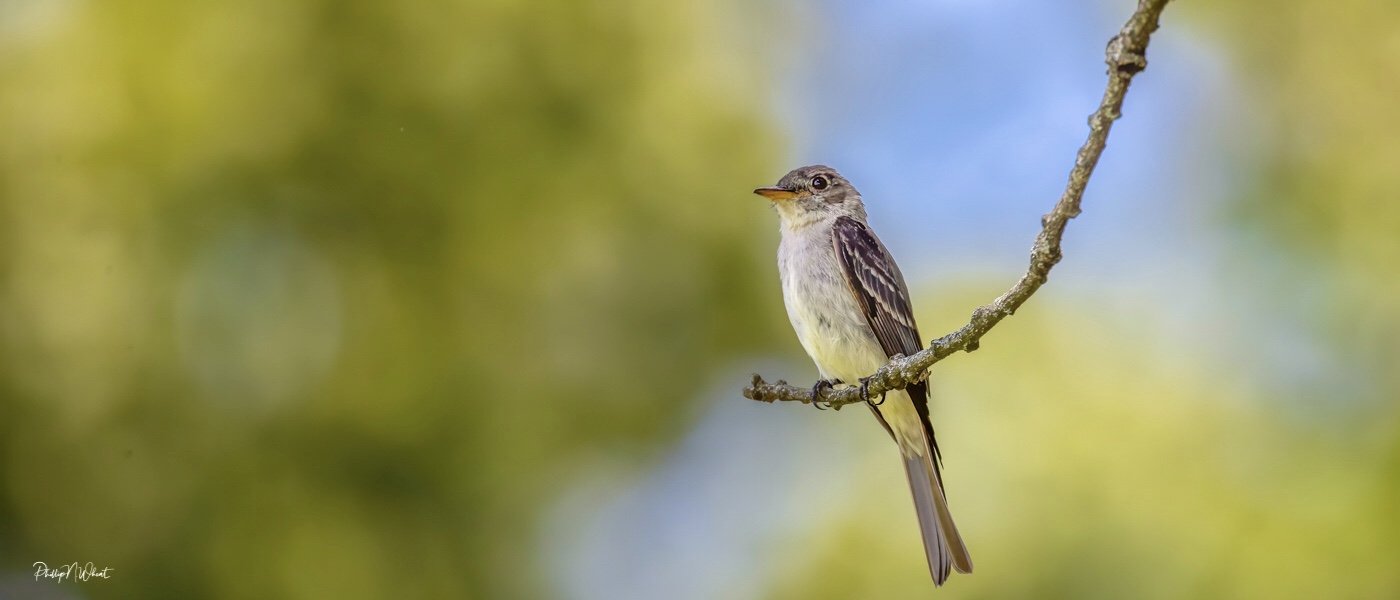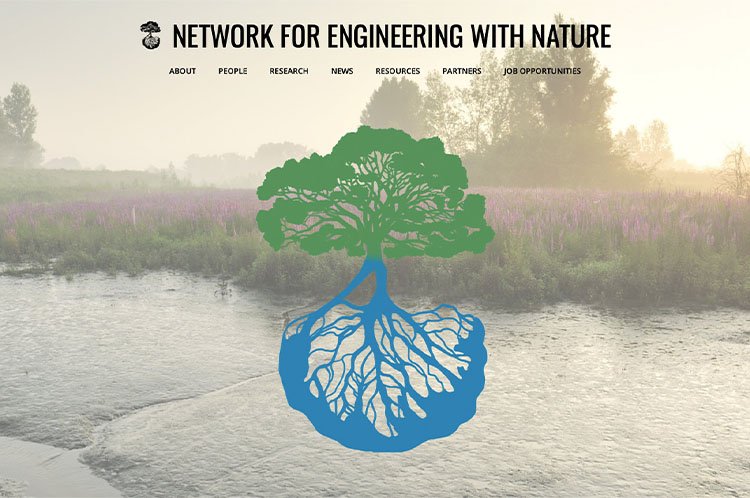Harnessing the power of nature to build a more sustainable, equitable, and vibrant Chicago.
How can nature-based approaches solve Chicago’s most pressing environmental, social and economic challenges? Resilient by Nature Project (RxN) is finding out.
About RxN
Resilient by Nature Project (RxN) aims to expand the role of nature in our neighborhoods to improve health and quality of life, provide economic opportunities, and build resilience to the impacts of climate change. While our work is focused in the Chicago region, we are continuously learning and taking guidance from the many examples of nature-based solutions around the world. Together, we look forward to building a more sustainable, equitable and vibrant Chicago.
RxN Projects

Resources
Brushwood Center at Ryerson Woods
Brushwood Center at Ryerson Woods works collaboratively with community partners, artists, health care providers, and scientists to improve health equity and access to nature in Lake County, Illinois, and the Chicago region. This report outlines key findings and recommendations for improving well-being in Lake County, Illinois, by addressing systemic inequities at the intersection of environment and health.
Resilient by Nature Project (RxN)
This feasibility study is grounded in RxN's broader effort to expand the role of nature in Chicago’s neighborhoods to improve health and quality of life through nature-based solutions (NBS). Green Infrastructure (GI) implementation is one of many potential NBS strategies. This research examines barriers to both the prioritization of GI, and to interagency collaboration. Prepared by Foresight Design.
Resilient by Nature Project (RxN)
Environmental injustices have pervaded Chicago for decades, and continue to do so. While NBS can provide a multitude of benefits to neighborhoods, the way that they're allocated, planned, implemented and maintained is critical. Careful stewardship is required to ensure that NBS are pursued with respect to the agency of residents, and avoid potential unintended consequences.
Resilient by Nature Project (RxN)
Green infrastructure can provide many benefits in the Chicago region. Achieving these benefits at a meaningful scale, however, will only be accomplished through greater alignment, innovation and collaboration. This webinar explores topics relevant to creating a coherent and collaborative "Green Infrastructure Agenda" for scaling local efforts. Among other topics, the session explores finance, maintenance, data and research, drawing upon examples that are successfully scaling impact in other areas.
World Economic Forum
The BiodiverCities by 2030 initiative combines the latest research with practical solutions in the service of sustainable, inclusive and nature-positive urban development. The report, released in January 2022, provides a vision for cities of the future that place nature at the heart of decision-making and infrastructure investments.
World Economic Forum
The BiodiverCities by 2030 initiative combines the latest research with practical solutions in the service of sustainable, inclusive and nature-positive urban development.
World Wildlife Fund (WWF)
In this video series, the WWF explores a variety of urban nature-based solutions (UNbS) as they are implemented to protect and restore natural systems while benefiting citizens.
CitiesWithNature is an initiative that recognizes and enhances the value of nature in and around cities across the world. It provides a shared platform for cities and their partners to engage and connect, working with a shared commitment toward a more sustainable urban world.
Nature4Cities
This handbook contains case studies from the Nature4Cities Implementation Model Database on rainwater management, parks and green residential areas, and urban ecological networks. It also includes tools that can be used for the potential use of nature-based solutions (NBS) and the social acceptance of NBS.
University of Oxford
Based at the University of Oxford, the Nature-based Solutions Initiative is an interdisciplinary program of research, education, and policy recommendations. Its mission is to enhance understanding of the potential of nature-based solutions to address global challenges and increase their sustainable implementation worldwide.
BCNUEJ
This report presents a summary and analysis of tools and policies that fight displacement and gentrification, while also improving accessibility and inclusiveness of green amenities and green spaces in urban contexts. It contains a library of tools and policies used in many different contexts in the Global North (the United States, Canada, and Western Europe) to promote housing stability and affordability while increasing the presence and accessibility of green public space in the urban fabric.
Oppla
Oppla is the European Union’s repository of nature-based solutions. It provides an open-platform knowledge marketplace that brings together the latest thinking on natural capital, ecosystem services and nature-based solutions.
NATure-based URban innoVATION
NATure-based URban innoVATION is a project of 14 institutions across Europe that work in the fields of urban development, geography, innovation studies and economics. It seeks to develop an understanding of what nature-based solutions can achieve in cities, and how innovation and communities can be engaged to respond to urban sustainability challenges.
International Union for the Conservation of Nature (IUCN)
The Global Standard is a user-friendly framework for the verification, design and scaling up of nature-based solutions (NBS), created by the IUCN. The Standard is intended to be a simple, yet a robust hands-on tool that enables the translation of NBS into targeted actions for implementation, reinforces best practice, addresses and corrects shortfalls, and enables interventions to align with internationally accepted NBS principles.
U.S. Army Corp of Engineers
The Network for Engineering with Nature (N-EWN) is an active community of researchers, practitioners, and educators who are addressing the major infrastructure challenges facing our society while creating opportunities that align ecological, social, and engineering processes to achieve multiple societal benefits.
Environmental Consulting & Technology, Inc.
This report examines several dimensions of how communities, municipalities, and states in the Great Lakes region can anticipate: the risks posed by climate-change-worsened stormwater events, the vulnerabilities among their populations, and their workforce capacity to execute Green Stormwater Infrastructure (GSI) projects. It also presents ways to strategically finance projects for maximum value and efficiency.
The Nature Conservancy in Illinois
This interactive map shows urban conservation, high heat, poor air quality, and high flood risk target areas based on EPA and CMAP indexes, the natural and built environment data, population data, and other relevant indicators. The map is useful in determining which areas in Cook County should be targeted for action based on environmental and social factors.
Joining 96 cities around the world, the City of Chicago is updating its Climate Action Plan to reflect the bold action needed to protect and strengthen communities, both locally and globally. The updated climate goals aim to reduce carbon emissions while also increasing household savings, advancing environmental justice, and improving community health.
Chicago Wilderness (CW) is a regional alliance that preserves, improves, and expands nature and quality of life. By connecting leaders in conservation, health, business, science, and beyond, CW tackles challenging issues to ensure a resilient region. Building on a decades-long legacy of collaboration, this broad alliance of partners advances work in Illinois, Indiana, Wisconsin, and Michigan.
Calumet Stormwater Collaborative (CSC) is a diverse group of stakeholders working to improve coordination of knowledge, technology and financial resources to minimize the negative impacts of stormwater in the Calumet region. Facilitated by Metropolitan Planning Council, CSC aims to build intergovernmental and cross-sector partnerships to increase the effectiveness of stormwater management initiatives for the communities and ecosystems of the Calumet region through knowledge-sharing, coordination and deployment of interventions at appropriate scales.
The Nature, Culture, and Human Health (NCH2) Network connects people with interests in investigating and applying knowledge about the health benefits of nature to improve the health and well-being of Chicago-region communities.
Milwaukee Metropolitan Sewerage District (MMSD)
Recognizing that its activities to provide water reclamation and flood management services directly impact urban biodiversity, MMSD wrote this plan, with the support of local stakeholders, to help protect and restore native biodiversity within their planning area through the application of green infrastructure.
City of Chicago Department of Public Health
Chicago’s five-year community health improvement plan focuses on racial and health equity, with an aim to meet the city’s goal of reducing the Black-white life expectancy gap.
In 2020, the Chicago-Calumet River Watershed Council (Watershed Council) established a forum to expand collaborative watershed-based stormwater management using multi-benefit nature-based solutions. The 16-member Watershed Council’s approach is to maximize multiple ecological, social, and climate resiliency objectives across jurisdictional boundaries.
Resilient by Nature Project (RxN)
There are more than 32,000 vacant lots in the city of Chicago. Once viewed as a symbol of disinvestment, such properties are increasingly being reclaimed and converted into creative community assets–both in Chicago, and around the world. Approaches to this work can range from simple improvements by neighbors to professionally designed, multi-functional spaces.
Resilient by Nature Project (RxN)
RxN’s inaugural webinar features leaders of two programs that are challenging the status quo and striving for greater coordination and collaboration around the implementation of NBS.
Tune in to our dynamic conversation about specific actions the Chicago region can take to again be recognized as the kind of leader the city’s Urbs in Horto motto suggests.

































